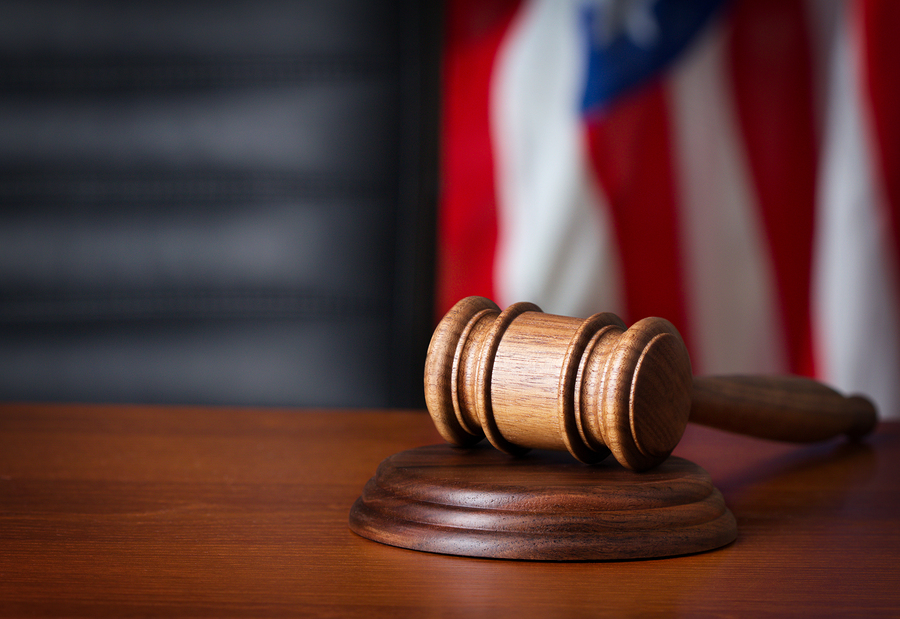The franchisor-franchisee model is a tried and true method to drive the growth of a business with limited risk to the franchisor. The model allows for differing levels of control over the brand while permitting opportunities for others through differing methods of qualifying to fund or form a new franchise. One way to consider a franchisor-franchisee model is one of shared responsibility. While the franchisor confers certain rights to the franchisee including the right to use the company name, the ability to use the trade dress, access to business processes and methods, and an array of other potential benefits. In turn, the franchisee must agree to abide by certain standards and practices to maintain his or her good standing. They may be obligated to pay certain franchise fees that can provide for joint marketing efforts and additional business development for the organization at-large.
Attorney William S. Heyman is a business attorney who has more than 20 years of experience advising businesses, resolving disputes, and litigating commercial matters. Mr. Heyman and his team of attorneys at the Heyman Law Office can assist with franchisor-franchisee disputes and work towards their resolution. To discuss your concerns with an experienced business lawyer, call (410) 305-9287 or contact us online.

What Are Common Disputes between Franchise Owners and the Franchising Organization?
Many franchisor-franchisee relationships persist for years without significant disputes between franchises and the larger organization. However, most problems that arise are practical in nature and often arise due to financial stresses on either side of the relationship. For instance, a franchisor that is facing significantly increased competition may seek increased franchise fees for enhanced marketing efforts exactly as sales begin to sag on the franchisee side. In other cases, one particular franchise or its owner may fall on hard times and refuse to pay fees and other adhere to other conditions imposed while refusing to cease use of the company’s logo and other intellectual property.
Other times, problems in the relationship may arise due to franchise standards being set to unobtainable levels or a particular problem franchise that consistently fails to satisfy the company’s requirements regarding customer service, process, or an array of other covered conduct. A lack of uniformity can damage the overall value of the brand and harm other franchises. Therefore, legal action may be required to stop these practices and protect the brand.
Growth or Changes in the Franchising Organization Can Also Lead to Disputes
The growth of a franchising organization from a local concern to a regional or national organization can also lead to problems and disputes. Likewise, a franchisor that seeks to expand the geographic concentration of its franchises may also face claims stemming from these actions. Additional common reasons for franchisor-franchisee disputes include:
- Encroachment of territory or breach of exclusivity – Some franchise agreements contain clauses limiting the encroachment of other franchises on its territory. Breach of these agreements and provisions can result in cannibalization of the existing franchises business and a significantly more difficult competitive environment.
- Termination of a franchise – the termination of a franchise can be sought for a number of reasons. In most cases the franchising organization is savvy enough to base the termination on an apparently sufficient legal justification, but further inquiry may reveal this professed justification to be specious.
- No disclosure or insufficient disclosure – Federal Trade Commission rules and other rules may require the franchising organization to make certain legally sufficient disclosures are part of the franchising process. Insufficient or misleading disclosures can create reliance and induce action that may, in reality, rest on tenuous economic grounds.

These are only a few of the grounds that cause franchisee-franchisor disputes to develop. There are an array of other disputes that can arise in the course of business with some relating to other expansion concerns, the franchising organization’s ability to provide the services required under the agreement, or potential issues with the lease or real estate where a franchise is located.
Experienced Baltimore, Maryland Business Lawyer Can Work to Resolve Franchisor-Franchisee Disputes
Most agreements under the franchisor-franchisee model are successful and result in significant profits for all parties. However, the nature of a business relationship means that issues, disputes, and litigation can arise at any time due to an array of reasons. The attorneys of the Heyman Law Office a are committed to providing responsive, aggressive, and strategic legal guidance for all business owners engaged in a franchising arrangement. Mr. Heyman and his team have represented both franchisees and franchisors in significant litigation. Recently, he was able to obtain excellent results for a multi-state franchisee of a well-known national franchise. In this “bet the business” litigation for the franchisee, Mr. Heyman’s aggressiveness and guidance led to a favorable resolution that allowed the franchisee to leave the franchise system. To schedule a confidential consultation with a business lawyer with more than 20 years of experience, call (410) 305-9287 or contact us online.
